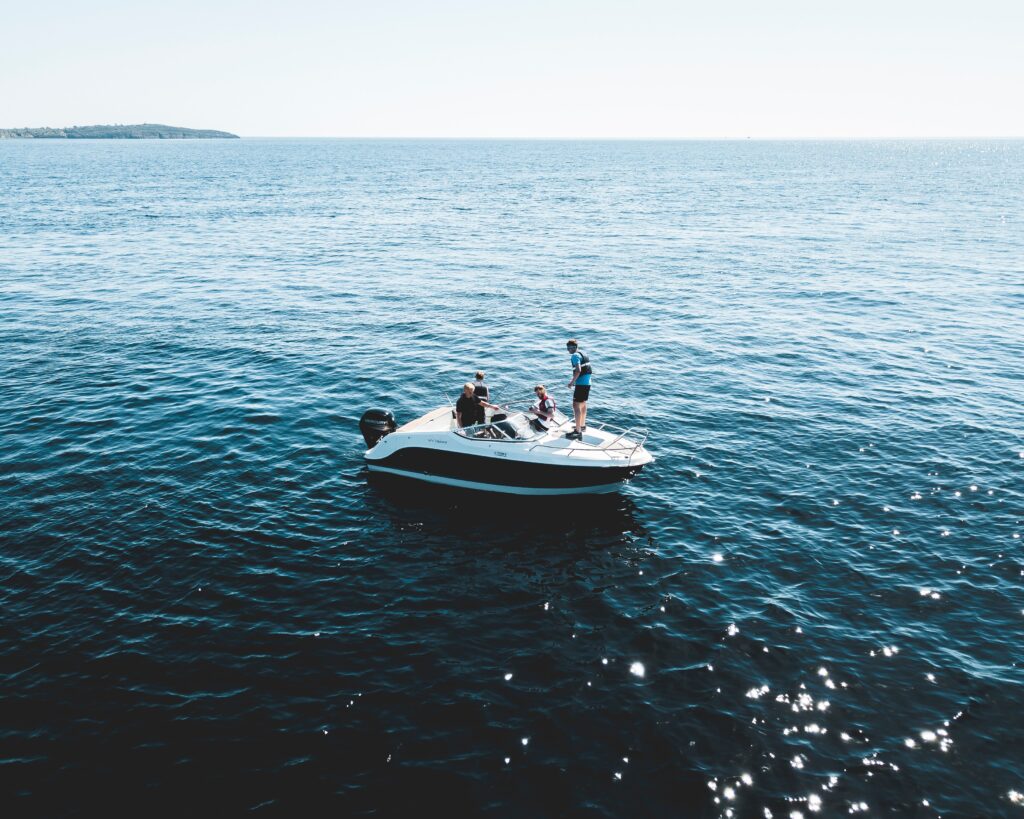Changing the oil and filter in your boat’s engine is essential to maintain its performance and extend its lifespan. Oil lubricates the engine’s moving parts, which reduces wear and tear and prevents overheating. Over time, the oil breaks down and becomes contaminated with debris, which reduces its effectiveness. Changing the oil and filter at regular intervals ensures that your engine stays clean and properly lubricated.
The frequency of oil changes varies depending on the engine’s make and model and how often you use the boat. As a general rule, it’s recommended to change the oil every 50 to 100 hours of operation or once a year, whichever comes first. Be sure to follow the manufacturer’s recommended oil and filter specifications.
enjoyable
Boating can be a relaxing and enjoyable pastime, but it also requires maintenance to ensure your boat stays in good condition. One of the most important parts of your boat is its engine, and keeping it in good condition is essential for safe and reliable operation. Here are five tips for maintaining your boat’s engine.

engine's
The engine’s cooling system keeps it from overheating and prevents damage to the internal components. Over time, the cooling system can become clogged with debris, such as sand, algae, or salt, which reduces its efficiency. Inspect and clean the cooling system regularly to ensure it operates correctly.
Start by checking the water intake for debris, such as leaves, sticks, or seaweed. Use a strainer or screen to prevent debris from entering the cooling system. Check the hoses and clamps for leaks or cracks and replace them if necessary.
system
The fuel system in your boat’s engine requires regular maintenance to keep it running smoothly. Over time, fuel can become contaminated with debris, water, or ethanol, which reduces its effectiveness and can damage the engine.
Spark
Spark plugs ignite the fuel-air mixture in the engine’s cylinders, which powers the boat. Over time, spark plugs can become fouled with debris or wear out, which reduces their effectiveness. As a general rule, spark plugs should be replaced every 100 hours of operation or once a year.
Manual
Before replacing the spark plugs, consult the engine’s manual to determine the correct spark plug type and gap. Use a spark plug socket to remove the old spark plugs and install the new ones. Be sure to tighten the spark plugs to the manufacturer’s recommended torque specification.
components
Storing your boat properly when not in use is essential to maintain its engine and other components. Here are some tips for storing your boat:
Finally, inspect the water pump and impeller for wear and replace them if necessary. Drain the engine’s cooling system and fuel tank before storing the boat. Disconnect the battery and store it in a cool, dry place. Cover the boat with a weatherproof cover to protect it from the elements. Proper storage helps prevent corrosion, rust, and other damage to your boat’s engine and components.
storing
Maintaining
Maintaining your boat’s engine is essential to ensure safe and reliable operation. Regular oil changes, cooling system inspections, fuel system maintenance, spark plug replacement, and proper storage are all important aspects of engine maintenance.
